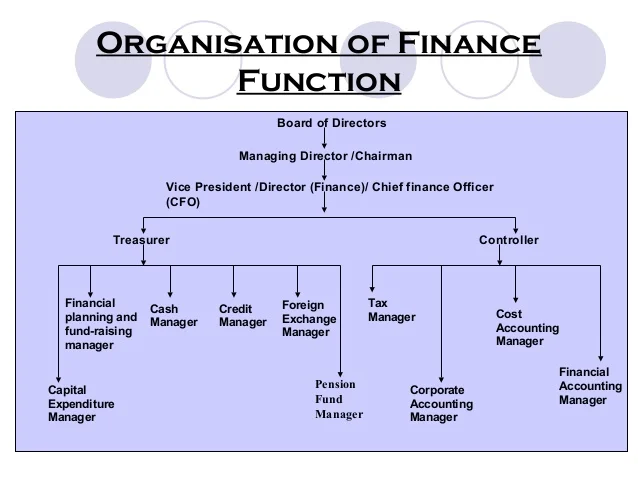The finance department is a cornerstone of any organization, ensuring financial stability, regulatory compliance, and strategic growth. Businesses rely on this department to manage their financial resources effectively. Understanding which of the finance department’s goals can clarify its functions, contributions, and significance in achieving organizational success.
The finance department plays a vital role in the success of any organization. Whether you’re running a small business or a multinational corporation, understanding which of the following is the goal of the finance department helps align your strategic objectives with financial efficiency. Its goals are not limited to bookkeeping but extend to fostering growth, ensuring compliance, and managing risks.
| Goal | Description |
|---|---|
| 1. Financial Planning | Ensures the organization has a roadmap for achieving short-term and long-term financial targets. |
| 2. Budget Management | Develops and monitors budgets to control expenses and maximize resources. |
| 3. Risk Management | Identifies potential financial risks and creates mitigation strategies. |
| 4. Regulatory Compliance | Ensures adherence to financial laws, standards, and corporate governance. |
| 5. Cash Flow Management | Maintains liquidity for daily operations while optimizing surplus cash. |
| 6. Profitability Optimization | Implements strategies to enhance revenue generation and cost reduction. |
| 7. Investment Decisions | Allocates resources to projects that promise maximum returns on investment |
These goals collectively ensure the financial health and sustainability of the organization.
Key Activities of the Finance Department
The finance department performs various functions to achieve its goals:
Financial Planning
- Prepares financial forecasts based on historical data and market trends.
- Aligns resources with business objectives to ensure sustainable growth.
Budget Creation and Monitoring
- Develops realistic budgets that align with organizational goals.
- Tracks spending and adjusts budgets to prevent financial mismanagement.
Risk Assessment
- Identifies financial risks like credit, market, and liquidity risks.
- Creates contingency plans to address potential crises.
Ensuring Compliance
- Files tax returns and financial reports on time to meet regulatory requirements.
- Implements internal controls to ensure accountability and transparency.
Managing Cash Flow
- Monitors incoming and outgoing cash to ensure operational efficiency.
- Identifies opportunities for reinvestment or debt reduction.
Strategic Investment
- Evaluate investment opportunities and determine ROI.
- Allocates resources to initiatives that align with long-term growth strategies.
Importance of Achieving Finance Department Goals
Achieving the goals of the finance department has a direct impact on an organization’s success. Below are some key benefits:
Impact AreaDescription
1. Business Growth Effective resource allocation fuels expansion and innovation.
2. Decision-Making Data-driven insights enable leaders to make informed strategic decisions.
3. Stakeholder Trust Transparent financial reporting builds credibility with investors and partners.
4. Crisis Management Proactive risk management ensures resilience during economic downturns.
5. Operational Efficiency Optimized cash flow and cost management improve organizational performance.
Future Perspectives for the Finance Department
As the business landscape evolves, so do the roles and goals of the finance department. Here’s what the future holds:
- Digital Transformation: Automation tools and AI are revolutionizing accounting and analytics.
- Sustainability Integration: Emphasis on aligning financial goals with environmental, social, and governance (ESG) criteria.
- Global Standards: Adaptation to international financial reporting standards (IFRS) for global operations.
- Data-Driven Decision Making: Advanced analytics provide actionable insights for better forecasting and risk management.
These trends highlight the need for modern finance departments to be agile, tech-savvy, and aligned with broader organizational goals.
Conclusion
The finance department is more than just a record-keeping function; it’s a strategic driver of growth, efficiency, and compliance. By understanding which of the following is the department’s goal, businesses can better align their resources and efforts for maximum impact. Achieving these goals secures financial stability and paves the way for sustainable success.

